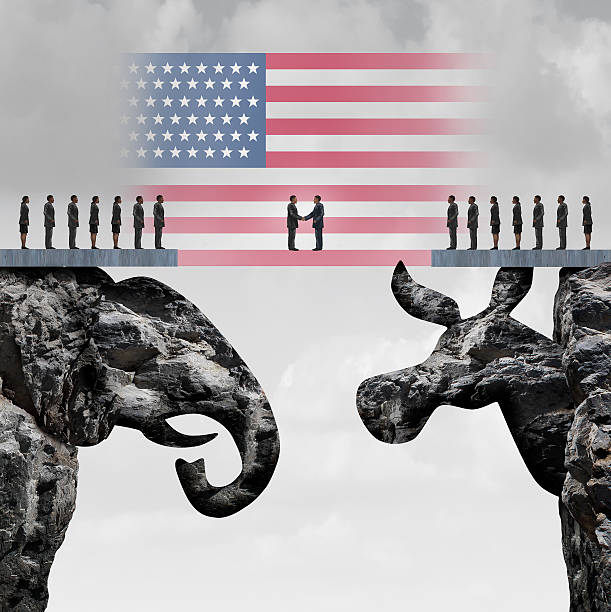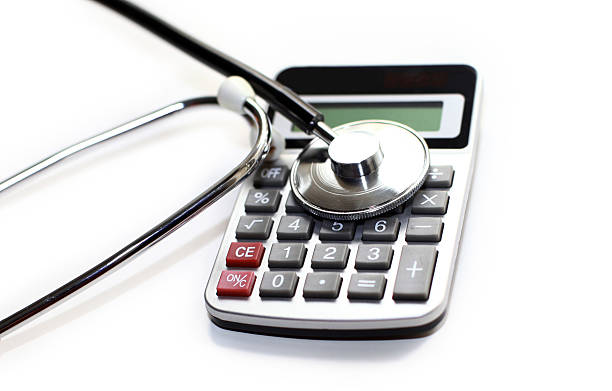Government Price Control on Drugs - The First Round

Congress is back in session after the summer recess and one of the first items on the agenda for the House Democrats is price control on pharmaceuticals. (here) No surprise, since drug costs are one of the leading complaints of the American public. Plus, there seems to be some bipartisan support for tackling the issue.
Democratic House leadership is proposing to target 250 commonly used drugs in the Medicare program, with the option to expand the price controls to the entire U.S. health care system. Acceptable pricing would be set 20 percent higher than prices used in the United Kingdom, Canada, Australia, France, Germany, and Japan. Drug manufacturers that don't participate would be fined an amount equal to 75 percent of gross sales of the particular drug the previous year.
There is no question that the U.S. spends more on health care than other industrialized countries, the U.S. also leads the world in financing medical innovations. We pay three times as much for drugs as patients in other countries, where government officials have negotiated prices with pharmaceutical companies. (here)
The U.S. also leads the world in medical and biologic research which is the foundation for the development of innovative medical devices. By paying higher prices, the reality is that patients in the U.S. finance the research and development of new life-saving and life-extending drugs and medical devices for the rest of the world.
The health care budgets in other countries are dedicated almost exclusively to patient care rather than research, and these socialized systems rely on medical innovations and drugs developed in the U.S.
If public officials really want to bring prices down and increase competition in the drug industry, they should focus on streamlining the government drug approval process to decrease the time and money manufacturers devote to bringing a new drug to market. Depending on the study, the average cost of bringing a drug to market today is $2.5 to $5 billion and takes 10 to 15 years to get through the government regulatory process. There is even a backlog of generic drugs awaiting government approval. (here)
Putting price controls on drugs would not solve the fundamental problem of our health care delivery system. Unlike other markets, in health care a third party, either the government through Medicare, Medicaid, and Obamacare, or employers through insurance companies, pays for the majority of health care in the United States. Drug wholesalers and pharmaceutical benefit managers in the U.S. may negotiate better drug pricing, but this comes at a cost that is not readily transparent.
Patients, as consumers of health care, and doctors as providers, are isolated from the actual costs of drugs and treatments. Throughout our economy, a vigorous and creative free market, without third party interference, results in better products at cheaper prices every day with constant improvement. Allowing patients, in consultation with their providers, to decide which drugs are best clinically and financially for them should be the goal of health care reform, not damaging price controls.







